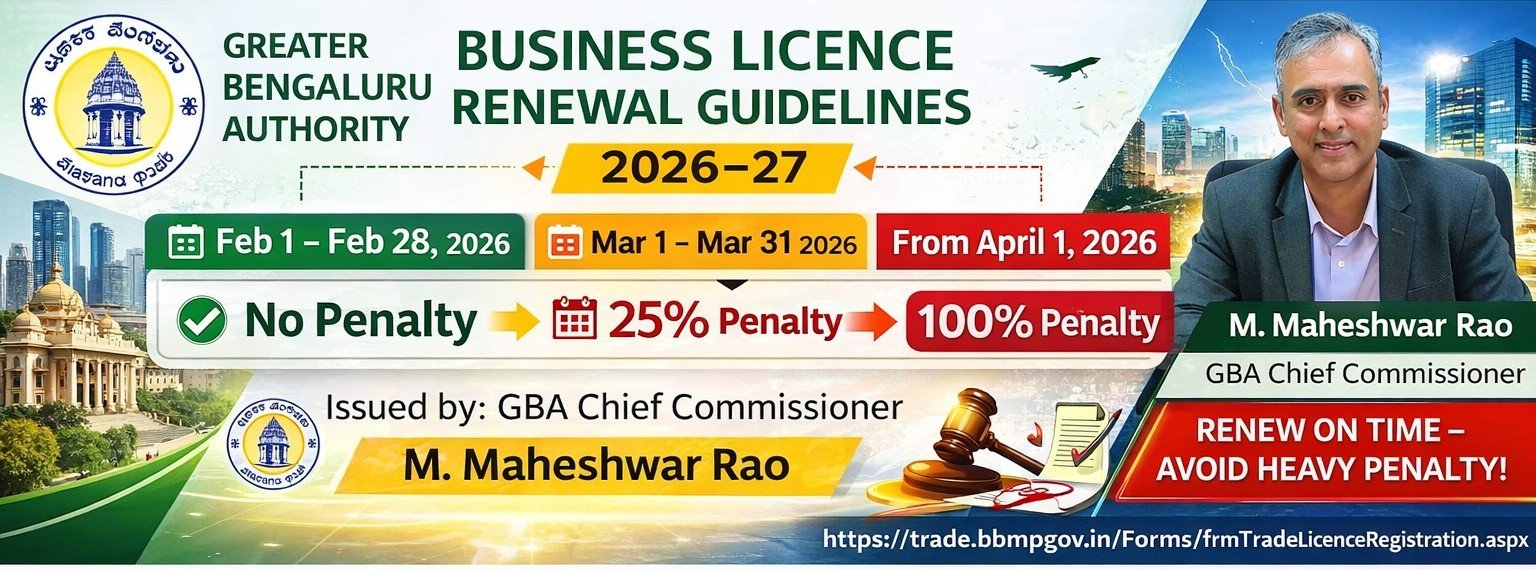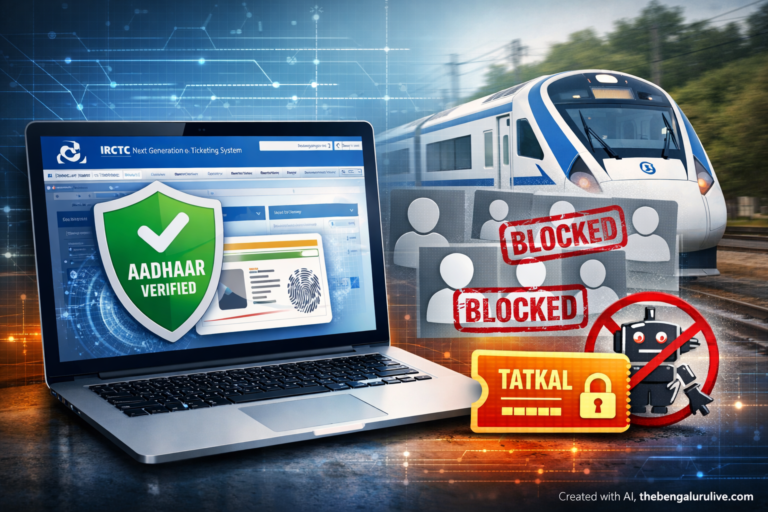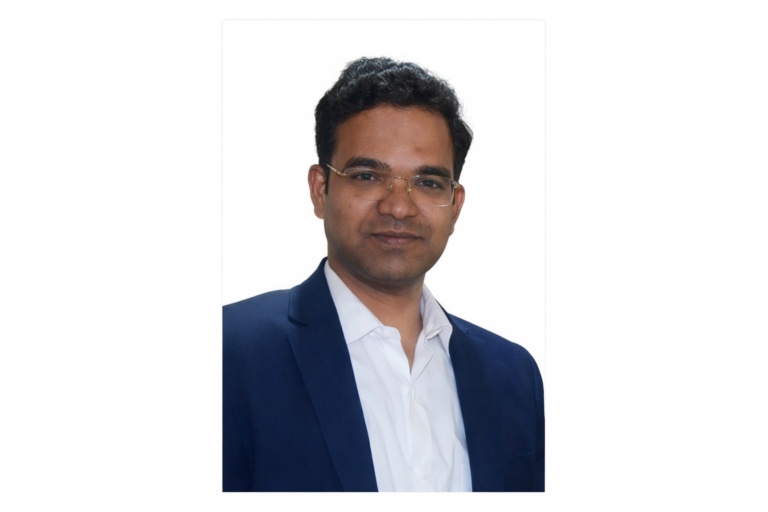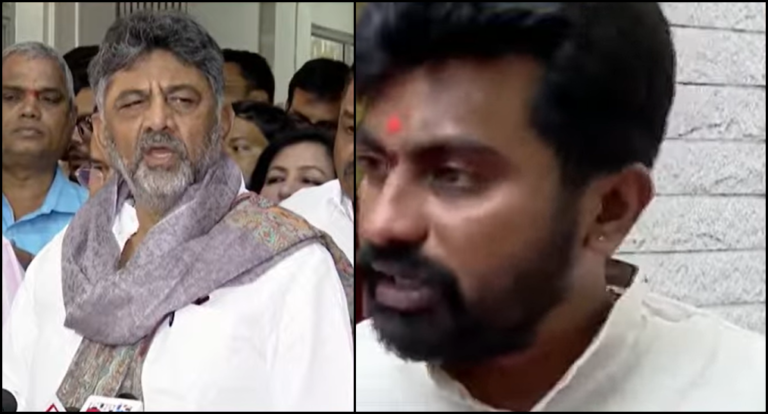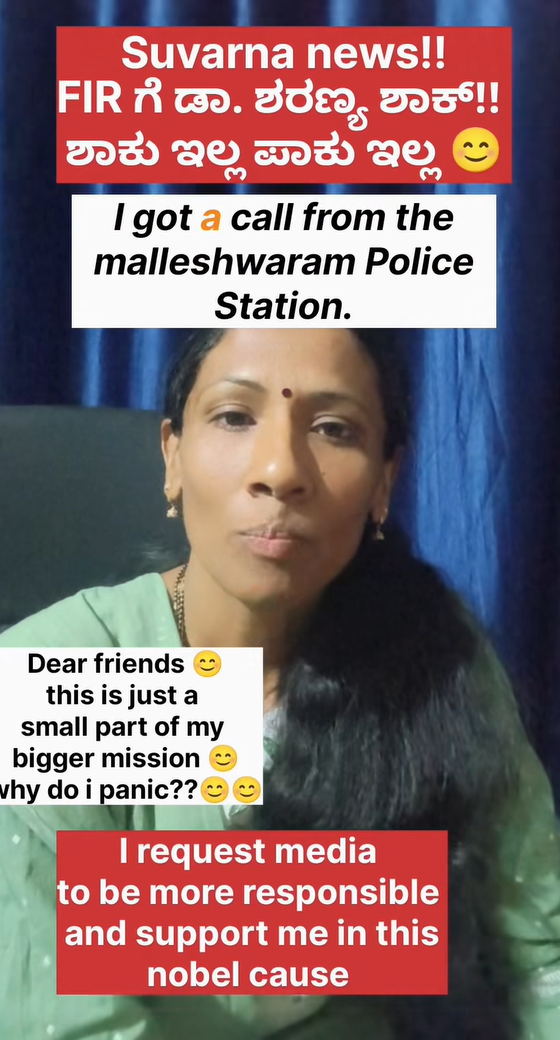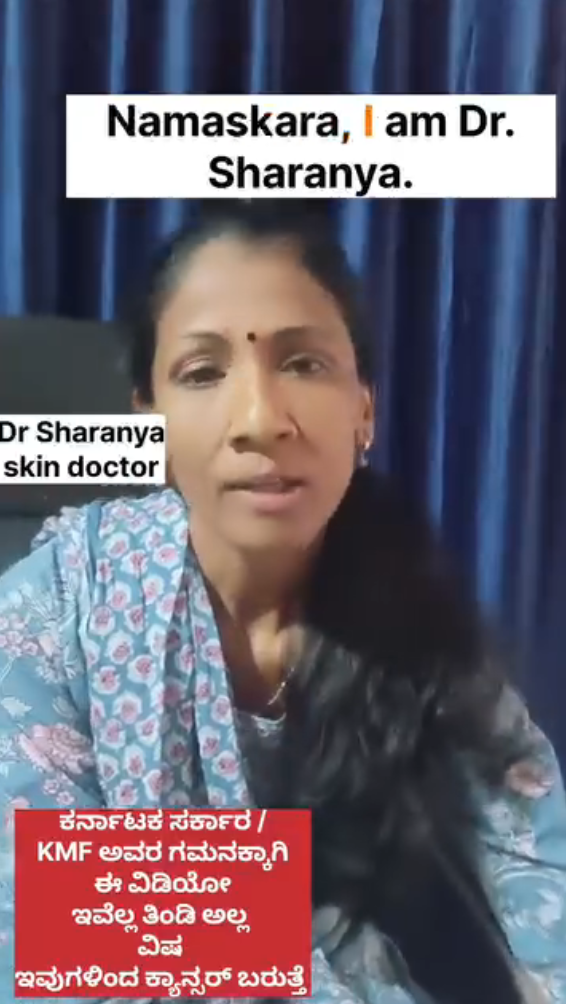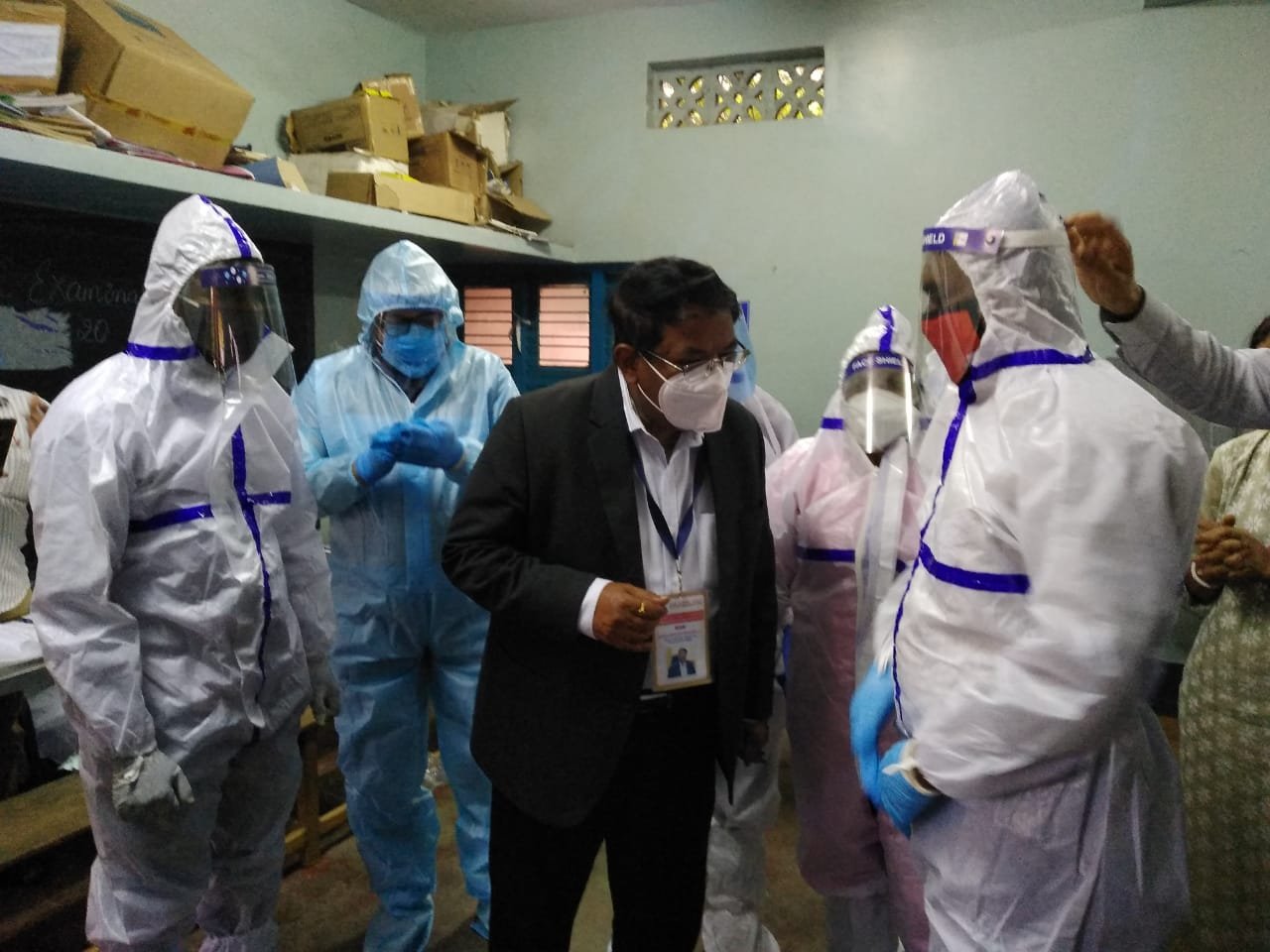
Commissioner N Manjunatha Prasad circulates comprehensive pro-active measures among civic staff
BENGALURU:
Stung into action by the renewed surge in Covid-19 cases in Karnataka’s neighbouring states of Kerala and Maharashtra, BBMP has realized — not a day too soon — that continued vigilance and comprehensive monitoring of precautionary and remedial measures are the need of the hour to insulate Bengaluru from another spike in infections and deaths.
To this end, BBMP Commissioner N Manjunatha Prasad chaired a virtual meeting on Sunday evening of all zonal Joint Commissioners, Special Commissioner (Health) Rajendra Cholan , Health Officers, Medical Officers of Health and PHC Medical Officers. The following set of action points was shared with the participants, including rapid reporting of clusters, coordinating with RWAs, gathering information from all formal and informal sources, surveillance and testing at the PHC level, and planned as well as random checks in schools and colleges in the city.

- Identifying clusters: Considering the potential for rapid and exponential growth of Covid-19 outbreaks, new cases and clusters should be identified and reported as rapidly as possible, and data should be included in any relevant epidemiological analyses within 24 hours of diagnosis.
- Role of community: Immediately conduct meetings with RWAs and community members to strengthen surveillance of Covid-19 and to ensure breaking chains of transmission.
a) Community-based surveillance (CBS): Ensure that RWAs and other community members serve to bridge the gap between the community and the health system in detecting cases or clusters as early as possible.
b) Participation in contact tracing.
c) Participation in cluster investigations.
d) Event-based surveillance: All the media and social media groups should be used to capture unstructured information from formal and informal channels such as online content, radio broadcasts and print media across all relevant sectors to complement conventional public health surveillance efforts. These will result in identifying events that will lead to clusters of Covid-19 outbreaks.
- Surveillance at the PHC level.
a) The duty of every doctor and healthcare worker is to detect cases and clusters in the community.
b) Testing should be available at primary care clinics.
c) Patients with probable or confirmed SARS-CoV-2 infection should be notified within 24 hours of identification.
d) Rapid data reporting and analysis are critical to detect new cases and clusters and to initiate contact tracing.
e) Zero reporting – the reporting of zero cases when none are detected – by all sites at the PHC should be done on a daily basis. This is to ensure that the PHC team members make active efforts to verify that the surveillance system is continuously functioning and for monitoring virus circulation.
- Sentinel site (ILI/ARI/SARI) surveillance: Hospital-based sentinel surveillance for influenza-like-illness (ILI), acute respiratory infection (ARI), severe acute respiratory infection (SARI) or pneumonia should continue the syndromic surveillance.
- Dedicated enhanced surveillance for closed settings.
a) Closed settings are high-risk groups residing or working or gathering in closed settings. These include marriage halls, functions and facilities with people who live in closed environments, such as prisons, residential facilities, retirement communities and care homes for persons with disabilities.
b) Planned and random visits should be planned for ensuring the compliance of Covid- appropriate behaviour and prompt detection of cases and clusters in these settings.
c) Enhanced surveillance in closed settings includes the use of active case finding through daily screening for signs and symptoms of Covid-19, ensuring that Covid-appropriate behaviour is followed, including daily temperature monitoring and daily zero-reporting for all individuals in high-risk groups under surveillance.
d) In colleges and schools where classes have begun, do random and systematic checks.
• Priority should be given to institutions in which a laboratory confirmed case of Covid-19 is identified. A representative from the school should be involved with the BBMP team to conduct an investigation when the first confirmed Covid-19 case is identified.
• The school/college should provide a list of all students (by grade, class, group activities) and staff (teachers, medical, administrative, other) to the investigation team. Class planning should also be provided for the students identified as close and casual school contacts; all information provided to the investigation team, either by the school or by any of the participants, needs to be stored securely so as to ensure confidentiality at all times.
• An investigation team working from BBMP will contact all known close and casual school contacts of a primary case(s) identified by the school and invite them to participate in the outbreak investigation.
• Identified school contacts should report to BBMP any signs and symptoms compatible with SARS-CoV-2 infection, as per existing Government of Karnataka protocols.
• Any contact with clinical symptoms within 14 days of the last exposure/contact with the primary case(s) should be considered a suspected case, and therefore managed according to Government of Karnataka protocols.
• Contacts who are found to be infected with SARS-CoV-2 should be reclassified as cases and followed up as cases.
- Mortality surveillance: The number of Covid-19 deaths and others occurring in hospitals should be reported daily. The number of Covid-19 deaths occurring in the community, including in long-term care facilities, should also be reported daily and reviewed at the zonal and HQ level weekly.
- Supportive supervision: Several layers of supportive supervision are needed to prevent further outbreaks. Each zonal in-charge officer should report on compliance of all the above points to the Special Commissioner (Health) and the Commissioner. Objective indicators should be developed and reviewed by the surveillance unit, eg, the PHCs that did not submit zero reporting, hospitals with poor detections of ILIs/SARI and late detection of outbreaks, proportion of tests done in marriage and functions, proportion of tests done in schools/colleges, hospitals with poor mortality reporting, etc.
- Measures to avoid super-spreaders: Meetings to be scheduled immediately with the hoteliers’ association, clubs, cinema halls and event organisers to ensure that strict Covid-appropriate behaviour is maintained and protocols are followed at their respective organisations or events.

